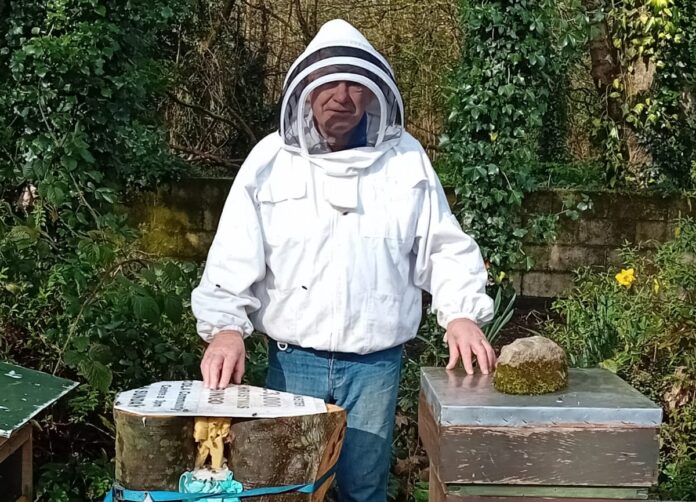
ALL and sundry will be familiar with the term “fake news”, but a new beekeeping group in Limerick have been making a buzz about “fake honey”.
Suzanne O’Rourke of the Thomond Beekeeping Association (Thomond BKA) told the Limerick Post that “there is little or no regulation around what can be called ‘honey'”.
“Many of the mass-produced brands aren’t honey at all. They’re syrup or a combination of things, and they don’t have the health benefits or taste of locally-produced honey.”
Suzanne says that many Irish honeys, produced in the traditional way, have as much health benefit as the hugely expensive and fashionable Manuka.
But there’s only one way to get real honey, she says, and that’s what the Thomond BKA wants to share with beekeeping bee-ginners and anyone interested in taking up a hobby with some very sweet rewards.
Thomond BKA is launching its new apiary course at St Lelia’s Age Friendly Campus, which will feature both classroom lessons and hands-on hive experience beginning on March 21 and continuing over eight weeks.
The aim of the course, Suzanne says, is to educate people about the importance of bees to the ecosystem and to help people learn about the benefits of honey and beekeeping.
Beekeeping is an ancient craft, with archaeologists having previously found 3,000-year-old honey which is still edible.
Ancient Irish Brehon laws also included special mention of honey and honey bees as a valuable asset and set rules around their ownership and use.
Nowadays, purpose-built hives allow beekeepers to harvest the excess honey with minimum interference to the bees.
Another important aspect of beekeeping is to help sustain the population of pollinators, which are vital to growing crops and biodiversity.
The Thomond BKA is also on a mission to help improve the population of native Irish bees by preserving their DNA.
“The presence and extent of our native bee population is the envy of beekeepers around Europe, who have lost their native bees through hybridisation with other subspecies,” said Suzanne.
For more details of the Thomond BKA’s fully Irish Beekeepers Federation-accredited course, contact the association on [email protected]


